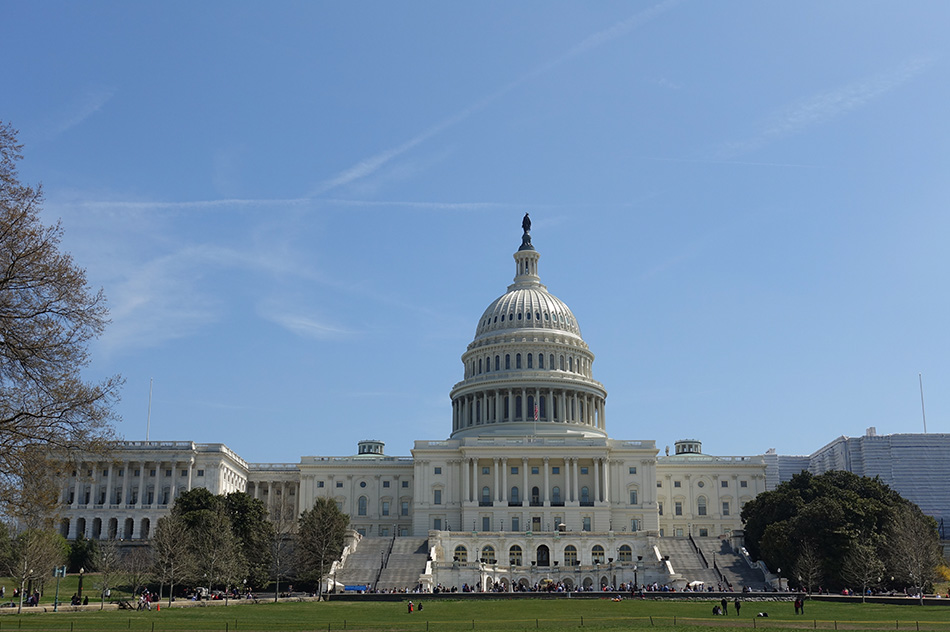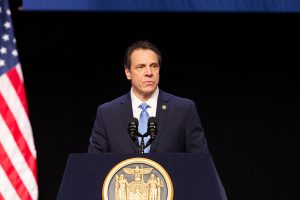
Maine capitol building in Augusta.
The state of Maine has pledged to implement extended producer responsibility for packaging materials. Legislation will be proposed by the end of this year.

Maine capitol building in Augusta.
The state of Maine has pledged to implement extended producer responsibility for packaging materials. Legislation will be proposed by the end of this year.
 With an overwhelming number of votes in favor, Vermont lawmakers have sent the governor a bill banning plastic bags, expanded polystyrene food service containers and plastic stir sticks.
With an overwhelming number of votes in favor, Vermont lawmakers have sent the governor a bill banning plastic bags, expanded polystyrene food service containers and plastic stir sticks.
 A funding bill advancing in Congress directs the U.S. EPA to develop a national recycling strategy addressing harmonized labeling, public education and other factors.
A funding bill advancing in Congress directs the U.S. EPA to develop a national recycling strategy addressing harmonized labeling, public education and other factors.

The Colorado capitol building in Denver.
Colorado lawmakers have passed a bill raising landfill taxes and using the money to award waste diversion grants.
 Federal legislation proposed in Canada requires consumer packaging to be made from a short list of recyclable materials. The guidelines allow only the most common recyclables, including just two plastic resins.
Federal legislation proposed in Canada requires consumer packaging to be made from a short list of recyclable materials. The guidelines allow only the most common recyclables, including just two plastic resins.
 Legislation requiring 100 percent post-consumer plastic in beverage containers is gaining traction in California. Meanwhile, recently released data shows recycled plastic usage remains relatively low in the state’s bottling industry.
Legislation requiring 100 percent post-consumer plastic in beverage containers is gaining traction in California. Meanwhile, recently released data shows recycled plastic usage remains relatively low in the state’s bottling industry.
 Maine lawmakers approved the first statewide prohibition on polystyrene foodservice packaging last week. The plastics industry quickly criticized the move.
Maine lawmakers approved the first statewide prohibition on polystyrene foodservice packaging last week. The plastics industry quickly criticized the move.
 New York state lawmakers declined to expand the state’s container deposit program to include additional beverages, but they approved a ban on single-use plastic bags.
New York state lawmakers declined to expand the state’s container deposit program to include additional beverages, but they approved a ban on single-use plastic bags.

Bills prohibiting single-use plastic products are gaining traction this year in a few state capitols. Here’s a look at a few states that have advanced legislation out of at least one chamber.

